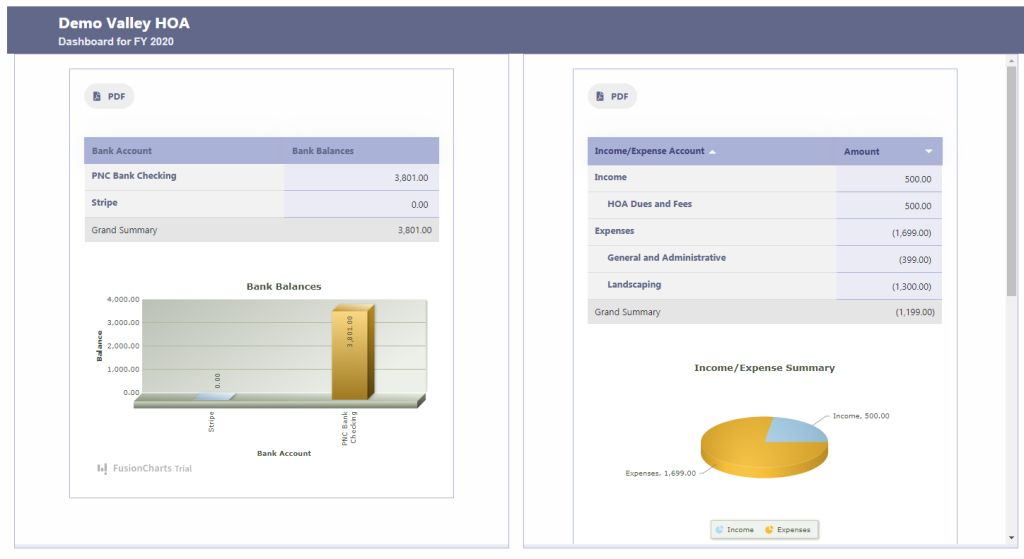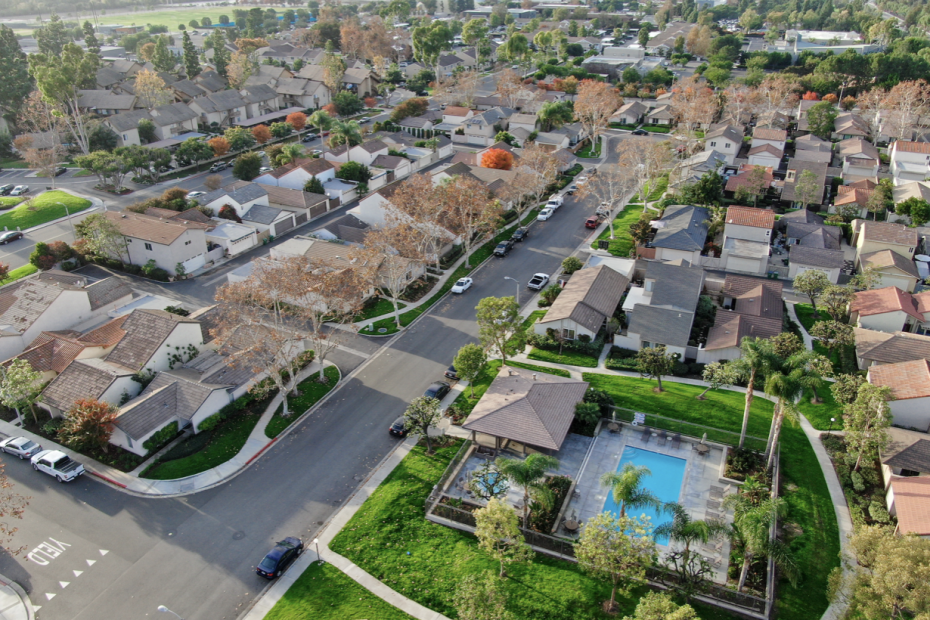What is a Homeowners Association (HOA)? A Homeowners’ Association is a governing body that manages and enforces community rules in many U.S. neighborhoods, condominium complexes, and gated communities. Whether you’re buying a home or already live in one, understanding how an HOA works can help you make the most of your community.
In this guide, we’ll cover:
- What an HOA is and how it operates
- What your HOA fees pay for
- The pros and cons of HOA living
- How modern tools like RunHOA are transforming HOA management
What is a Homeowners Association (HOA) and Why It Matters
A Homeowners’ Association is a private organization that sets and enforces rules for properties and common areas within its community. HOAs are usually established by real estate developers when they create a planned community, but residents can also form one themselves.
The primary purpose of a Homeowners Association is to:
- Maintain property values
- Preserve a consistent community aesthetic
- Oversee shared amenities such as pools, clubhouses, or parks
HOAs are funded by membership dues, also called assessments or fees. These funds pay for the maintenance, administration, and improvement of community spaces and services.
Key Components of a Homeowners Association (HOA)
HOA Rules: Covenants, Conditions, and Restrictions (CC&Rs)
The CC&Rs are the legal documents that define community rules. They cover topics such as:
- Approved exterior paint colors
- Landscaping and fencing guidelines
- Parking regulations
- Rules for additions or renovations
Violating the CC&Rs can result in warnings, fines, or other enforcement actions. (Learn more about state HOA laws)
HOA Board of Directors and Their Responsibilities
The HOA is managed by a Board of Directors, typically made up of elected community members. Their responsibilities include:
- Enforcing CC&Rs
- Managing the HOA budget
- Approving repairs and improvements
- Mediating disputes between homeowners
HOA Fees, Dues, and Special Assessments Explained
Homeowners must pay regular dues—monthly, quarterly, or annually—to fund ongoing maintenance. In addition, HOAs may levy special assessments for large or unexpected expenses, such as:
- Roof replacements for shared buildings
- Major landscaping projects
- Road or parking lot resurfacing
How a Homeowners Association Shapes Community Life
How a Homeowners Association Enforces Community Standards
HOAs help maintain a consistent look and feel throughout the neighborhood, which can boost curb appeal and property values. Examples include requiring:
- Lawns to be neatly maintained
- Homes to be painted in approved colors
- Driveways to be free from clutter
HOA Management of Shared Amenities and Common Areas
Homeowners Associations oversee shared spaces such as:
- Parks and playgrounds
- Swimming pools
- Walking trails
They ensure these areas remain safe, clean, and well-maintained.
HOA Role in Mediating Disputes Between Homeowners
The HOA board acts as a neutral party to resolve conflicts, such as:
- Noise complaints
- Parking disputes
- Violations of community rules
Homeowners Association Financial Management
HOAs manage the community budget—collecting dues, paying vendors, and planning for future improvements. Strong financial management is essential to prevent unexpected fees or neglected maintenance.
Pros and Cons of Living in a Homeowners Association Community
✅ Benefits of an HOA
- Well-Maintained Common Areas – Amenities like parks, pools, and clubhouses are professionally maintained.

- Consistent Neighborhood Appearance – Rules protect curb appeal and property values.
- Conflict Resolution – The board can mediate disputes before they escalate.
- Access to Amenities – Many HOAs offer extras like fitness centers, tennis courts, or walking trails.
❌ Drawbacks of a Homeowners Association
- Restrictions on Personal Freedom – Rules may limit what you can do with your home or yard.
- HOA Fees – Dues can range from modest to high, depending on the community.
- Potential Overreach – Some boards are seen as overly strict or inflexible.
- Transparency Issues – Poor communication can lead to homeowner frustration.
How RunHOA Improves Homeowners Association Management
Modern HOAs face increasing demands for efficiency, transparency, and homeowner engagement. RunHOA is an all-in-one HOA management platform built to meet these needs — and unlike many competitors, it doesn’t rely on outside accounting integrations like QuickBooks.
Instead, RunHOA features its own fully integrated accounting system with a customizable Chart of Accounts designed specifically for HOAs. This unique approach means:
- No need to juggle between multiple platforms
- Complete control over your financial data in one secure place
- Accounting categories tailored to HOA needs (e.g., reserves, maintenance, special assessments)
- Easier, more accurate financial reporting and auditing without extra software fees

(Learn more about our HOA Accounting Software Features)
Additional benefits include:
- Centralized Communication – Share important updates, documents, and alerts with homeowners through one portal.
- Streamlined Financial Management – Collect dues online, track expenses, and produce transparent financial reports using the built-in system.
- Automated Rule Enforcement – Monitor CC&R compliance, issue notices, and manage disputes with minimal manual work.
- Boosted Homeowner Engagement – Host online voting, run surveys, and maintain forums to keep residents actively involved.
Conclusion
A Homeowners’ Association can provide structure, protect property values, and offer attractive amenities—but it also comes with rules and responsibilities.
By understanding how HOAs work, homeowners can make informed decisions about whether HOA living fits their lifestyle. And with modern tools like RunHOA, communities can improve communication, enforce rules fairly, and manage finances with complete control — thanks to its built-in accounting system and HOA-specific Chart of Accounts.
Frequently Asked Questions About HOAs
1. Can you refuse to join an HOA?
If you buy a property within an HOA-governed community, membership is usually mandatory.
2. What happens if you don’t pay HOA fees?
The HOA can impose fines, suspend amenity access, or place a lien on your property.
3. Can an HOA change the rules?
Yes—most HOAs can amend their CC&Rs with a majority vote from the board or community members.
